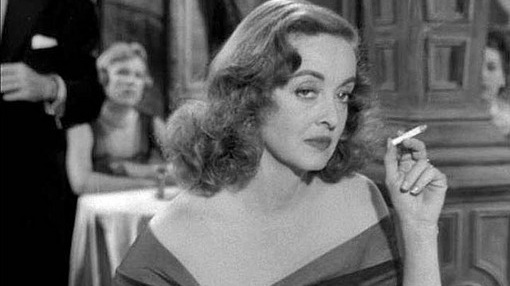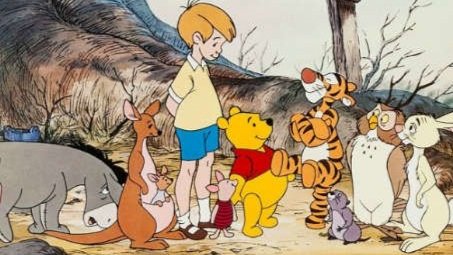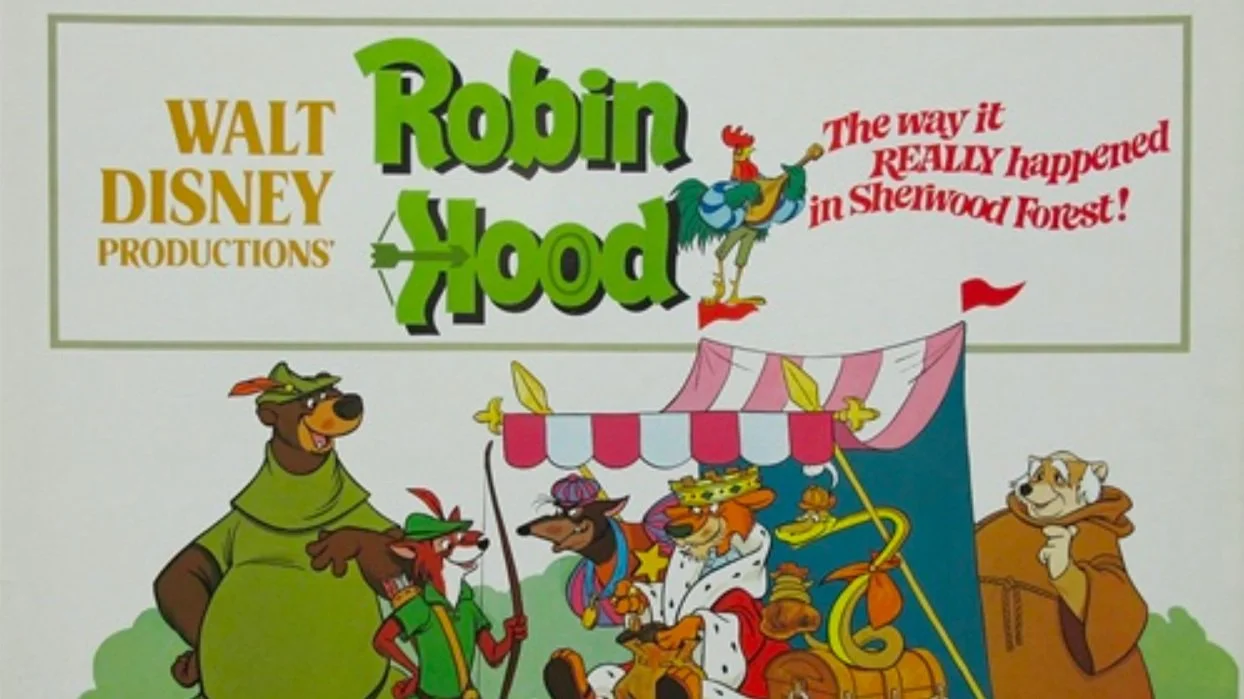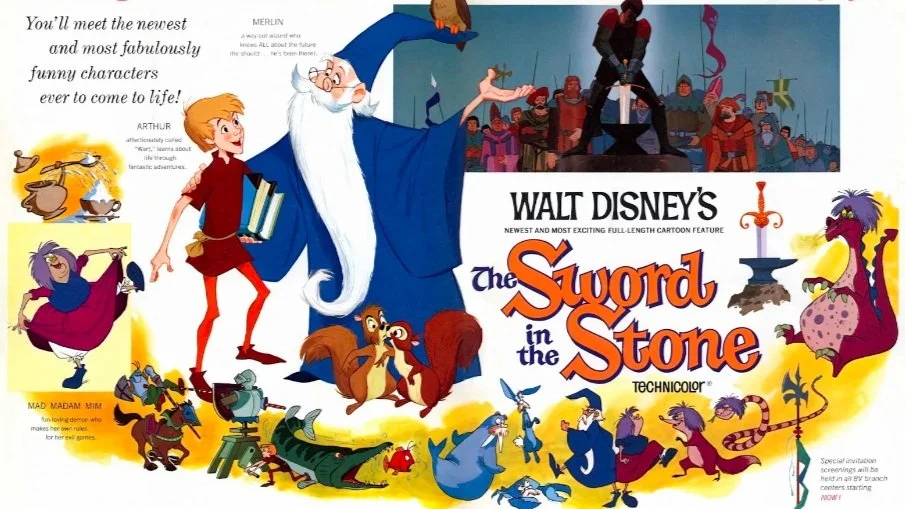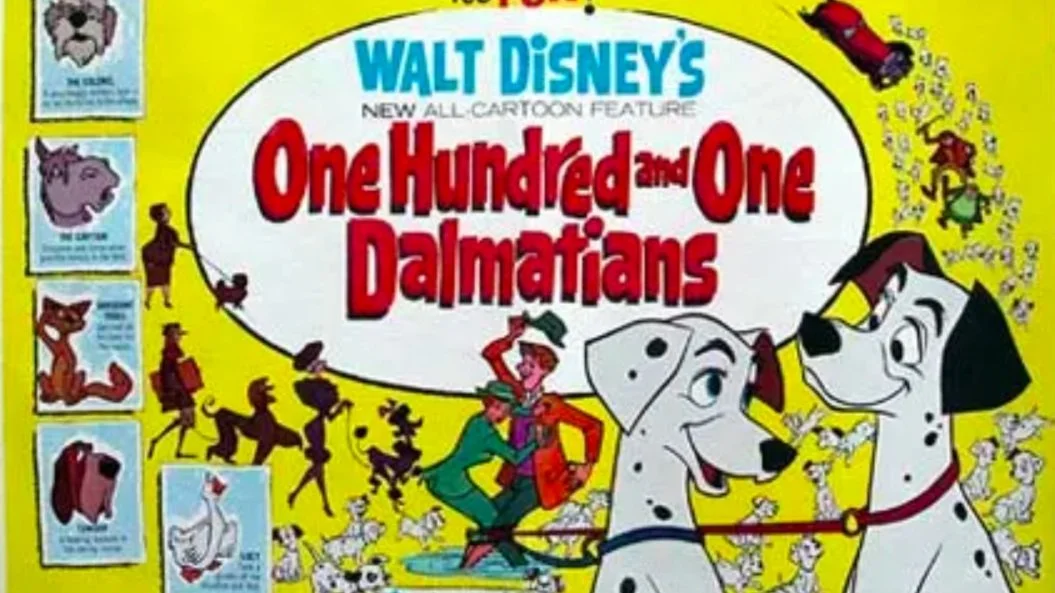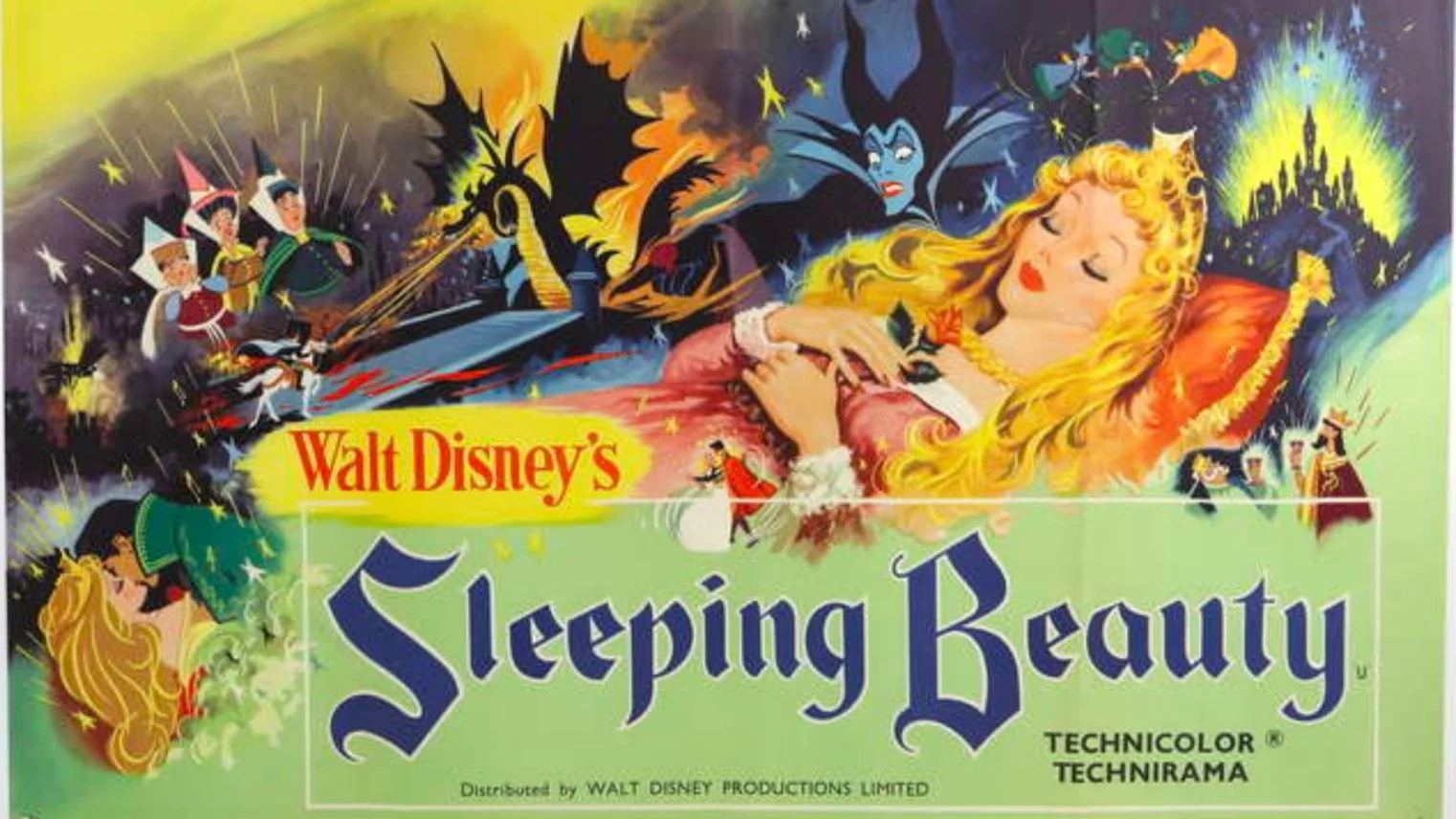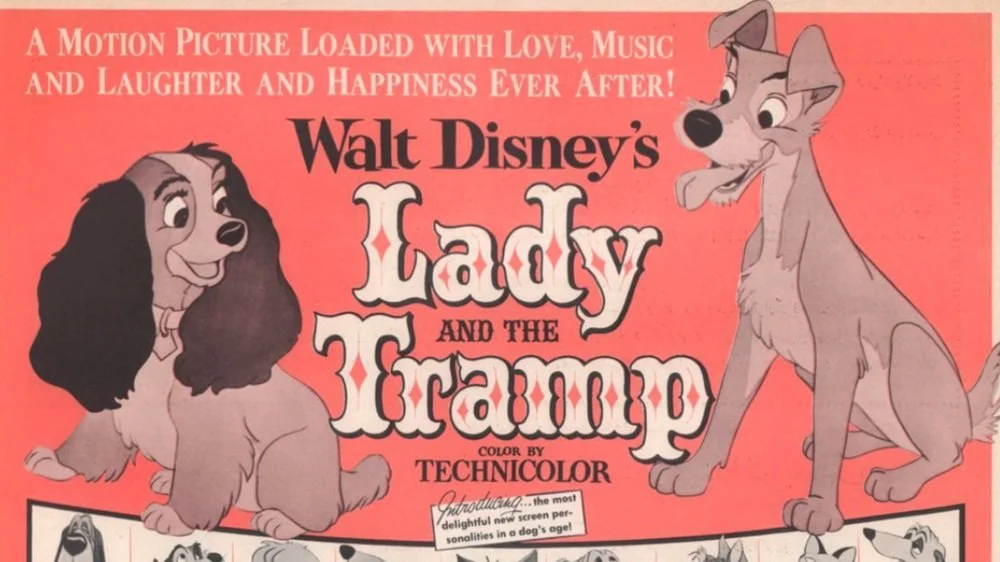Reel Pride: All About Eve (1950)
Welcome to Reel Pride! Queer cinema has been a part of film history since its inception. It may not have been codified into a movement, or even been named, until the end of the 20th century, but queerness has always existed within movies. In this column, Manish Mathur will trace queer cinema from older films into the modern era, looking back at historical contexts, sociopolitical undertones, and cultural legacies.
One of my favorite old Hollywood movies is Joseph L. Mankiewicz’s 1950 showbiz drama All About Eve. Nominated for a whopping 14 Academy Awards, and winning Best Picture, the film has been canonized as a landmark film. Starring Bette Davis, Ann Baxter, George Sanders, Celeste Holm, Gary Merrill, Hugh Marlowe, and Thelma Ritter (as well as a pre-fame Marilyn Monroe in a bit part), the film is known for its acidic screenplay, full-throttle performances, and elegant visual style. All About Eve follows an aspiring actress (Baxter) who worms her way into the inner circle of a Broadway star (Davis), scheming to replace her on stage and off. Not only is the film widely considered a classic, it has also enjoyed a significant following with LGBTQ audiences.
There are a few reasons why All About Eve is considered a queer cinema classic. Perhaps the most obvious one is that gay men appreciate the film for its grande dame theatricality. Bette Davis’ Margo Channing is a bitchy diva with a sharp tongue, maudlin, empathetic, and self-absorbed, with a flair for drama. Bette Davis herself became a drag icon, as she is often impersonated and referenced in performances. All About Eve is a backstage melodrama, with backstabbing, scheming, and politicking. Some people describe the film as campy, though I think the film is too sophisticated to be true camp. All this can be attractive to a certain portion of the queer audience.
However, the film’s reputation as a queer classic goes beyond its acerbic cattiness. The film features homosexual innuendoes throughout the screenplay, and especially regarding two characters: Eve herself, and the venomous theatre critic Addison DeWitt (George Sanders). Eve is coded as a lesbian through how she is framed. Her costuming is slightly masculine, highlighting the contrast between Eve’s performance of demurring femininity and her ruthless careerism. Eve’s ambition and scheming positions her as a threat, and her obsession with Margo has an intimacy that doesn’t quite feel “natural.” There’s also the shot of her walking arm-in-arm up the stairs of her hotel with another girl, and her robotic, obligatory attempts to seduce the men in Margo’s life. Addison, on the other hand, is more outwardly depicted as homosexual. There is no explicit mention, but it’s so obvious simply for the character being a vicious theatre critic with fickle loyalties and petty rivalries with actresses. He even adopts Marilyn Monroe as a beard, using her as arm candy but showing no discernable sexual interest in her. Of course, it is no coincidence that the two queer-coded characters are antagonistic towards Margo and her friends.
The association of LGBTQ people with villains, predators, and adversaries is an unfortunate tradition within classic Hollywood. All About Eve upholds heteronormativiy by leaving Eve alone with her career and stuck in the backbiting loop she created. Margo, on the other hand, abandons her stardom for marriage, and is happier having done so. In the great joke of the film, Margo’s decision is somewhat independent of Eve’s plotting. Eve is trapped under Addison’s thumb, while Margo gets her happy ending as a married woman. Addison manifests his own internalized homophobia through his contempt for women. This is especially true for ambitious women like Margo and Eve who threaten the patriarchy with their professional achievements and goals. Addison is an embittered “confirmed old bachelor,” and he transfers that frustration towards manipulation and subtle but brutal remarks.
This ties into All About Eve’s legacy with the persecution of Communists during the McCarthy era. Starting around 1950 (the year the film came out), the government began to fire homosexuals from their positions en masse. This has been referred to as the “Lavender Scare.” Gay men and lesbians were targeted because they were more likely to be, or simply at risk of becoming, communists. Both homosexuals and Communists were subversives, whose non-conformity was a menace to the American way of life. All About Eve reinforces heterosexual marriage as desirable and normal, with Eve threatening to top that. She is an invisible predator, wearing heterosexuality as a mask before revealing her true agenda. In this time period, homosexuals and Communists were dangerous because they were concealed, but always underhandedly rejecting the morals of heterosexual America.
If the subtext of All About Eve is rather homophobic, why is it such a classic with queer audiences? The most obvious reason, of course, is that it ranks among the best Hollywood films ever made. Just on an objective level, it’s exquisite. It’s sharp-witted, glamorous, and rather delicious. And how rare is it for a film to have so many meaty roles for women? Writer-director Joseph L. Mankiewicz was a notorious womanizer, perhaps one that sought to prove his heterosexuality against his reputation as a “women’s director.” He had a knack for sharply observed women characters and this film is the pinnacle of that. A bona fide masterpiece, All About Eve is a fascinating artifact of Hollywood’s queer legacy.


